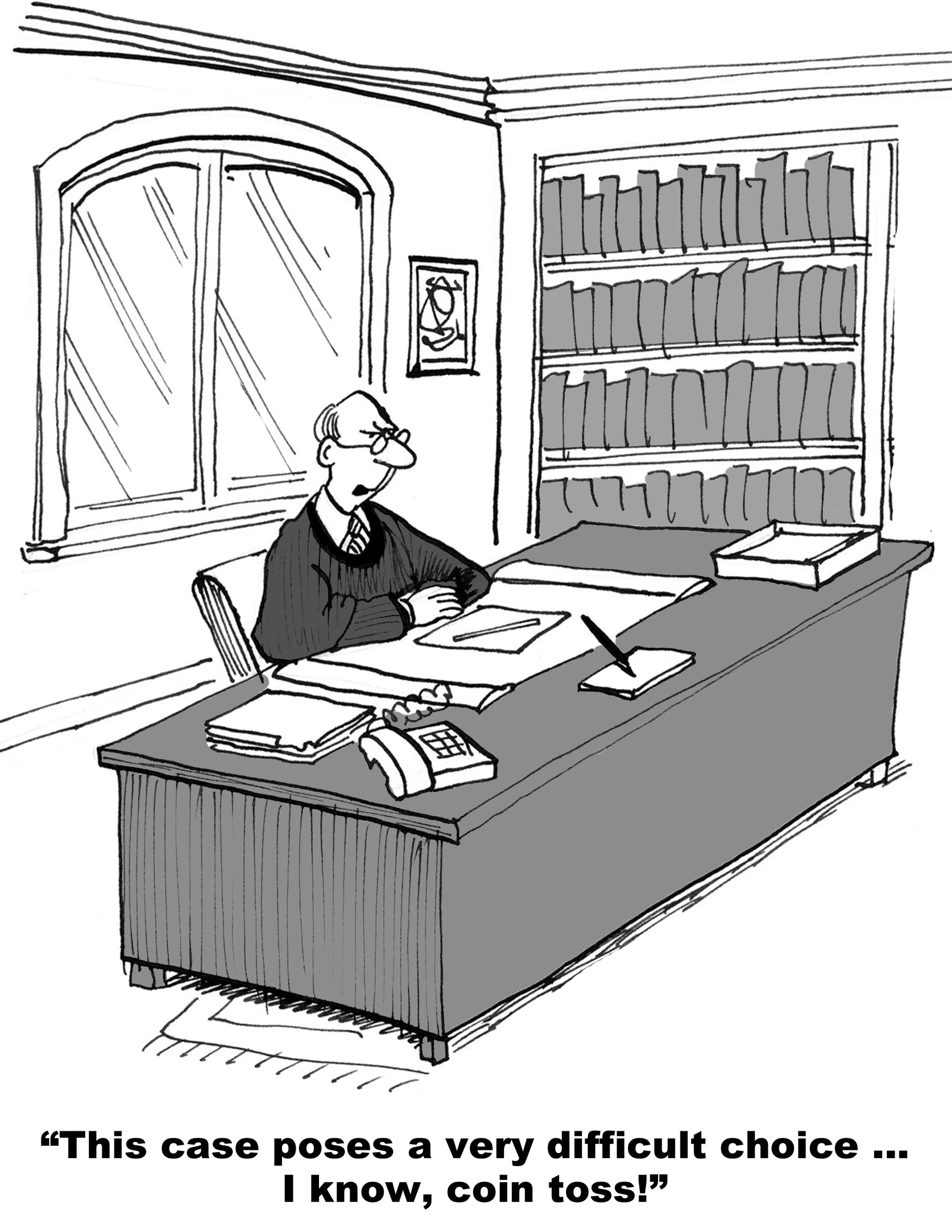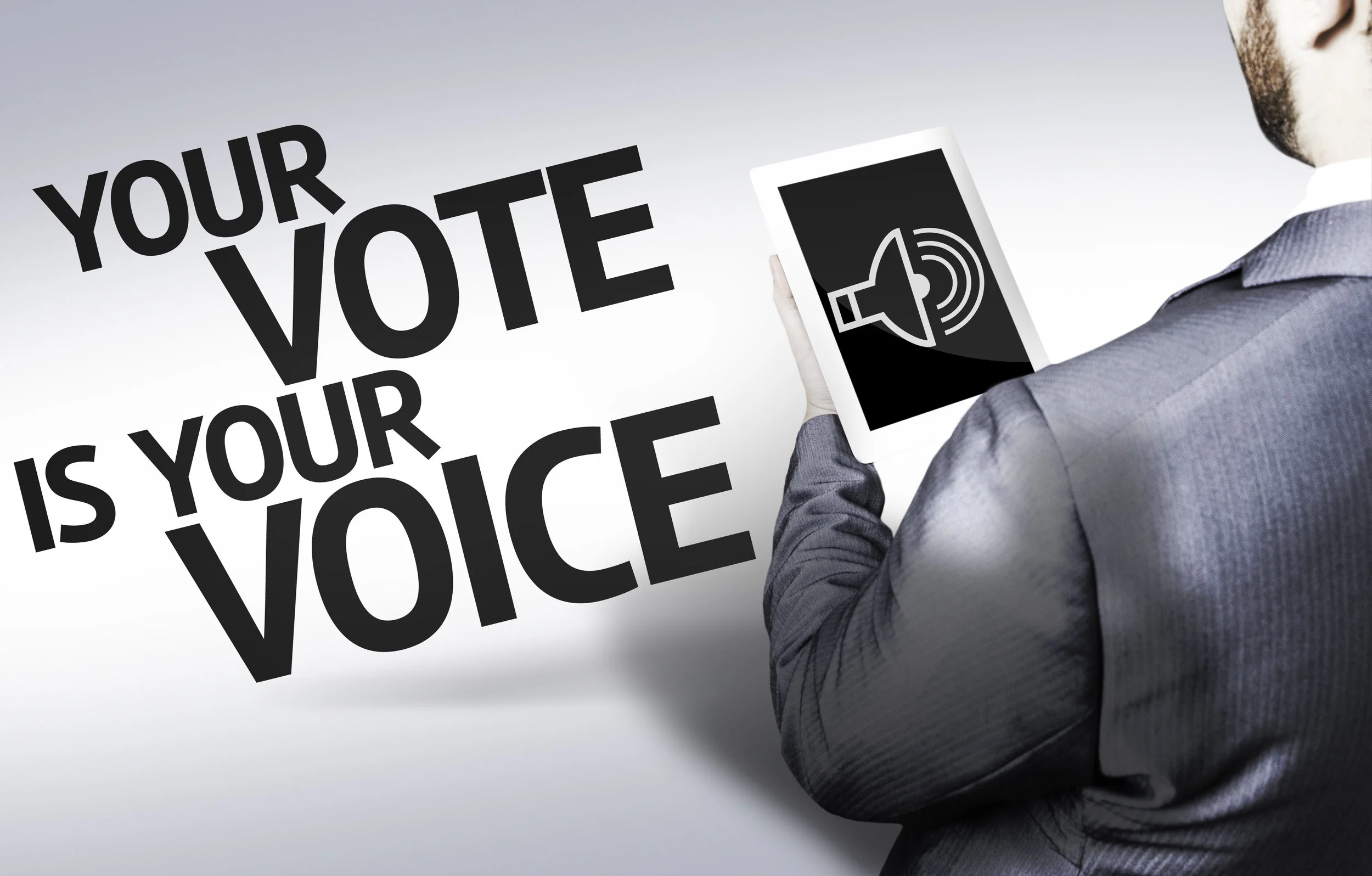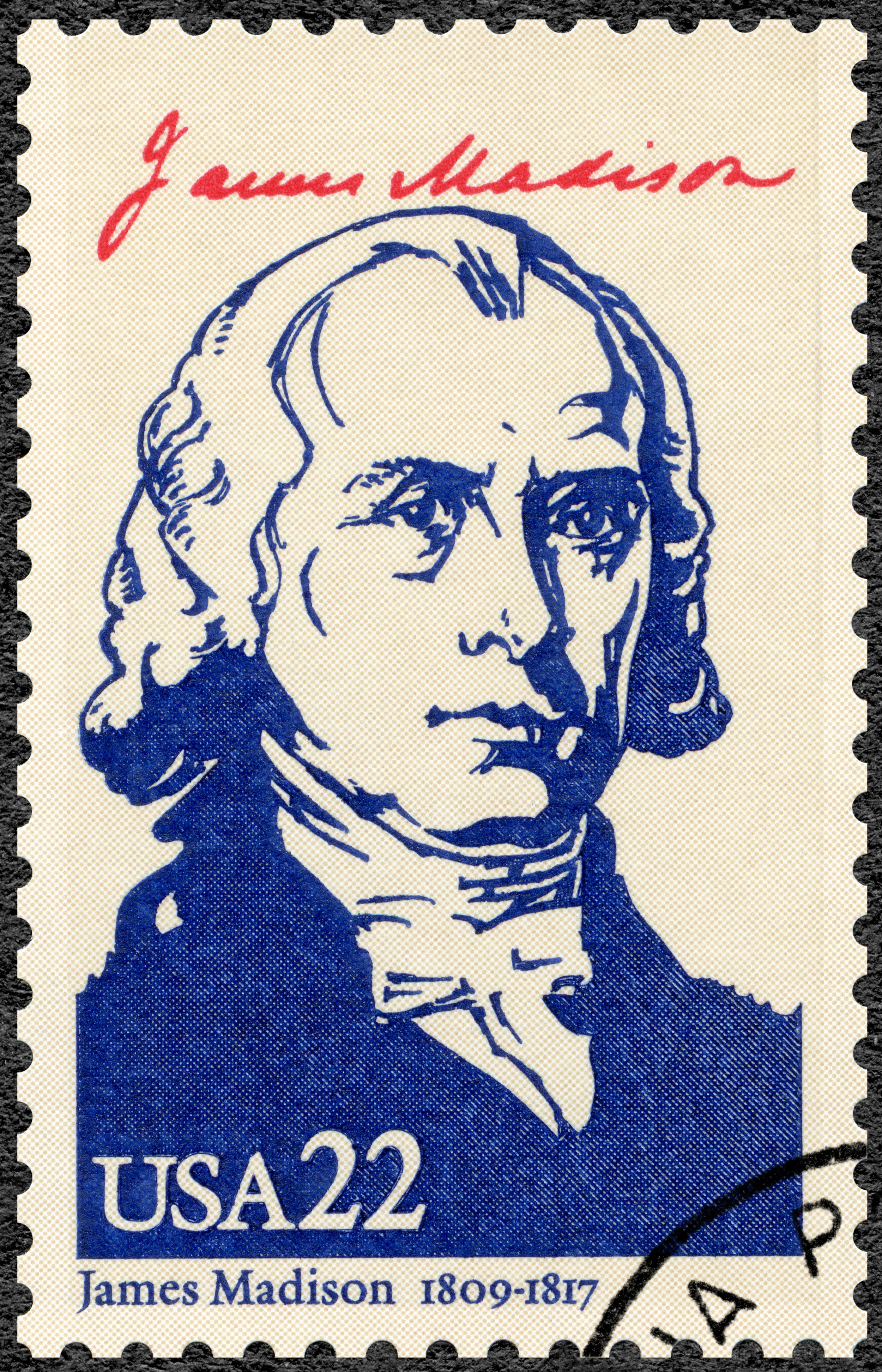David Brooks, the celebrated conservative New York Times columnist, occasionally quotes the statistic that 40 years ago only 5% of Americans said they would be "displeased" if their children married somebody of a different political affiliation, whereas that number is about nine times higher today. Numerous other statistics show that political polarization is at an all time high. Oddly, but meaningfully, recent polls demonstrate that members of the House and Senate would like to be less partisan but say that their constituents’ zeal prevents them from being so. Yet other studies show that voters are fed up with their federal governments hyper-partisanship. Note also, that Brooks’ statistic indicates that the divide has become far more than political and threatens the fabric of American society.
Various reasons are given for this alarming development — the emergence of partisan news and commentary, radio talk shows, cable networks and social media, the drastic decline in the exposure of the public to news sources with an array of viewpoints, the accelerated widening of the income gap, the aftermath of the severe financial crisis of 2008, and economic frustrations generally. But even these oft-cited causes of the bitter divide rendering our nation are rooted in a deeper, fundamental and increasingly devastating defect in our system for electing our Presidents. This defect is widely unrecognized, and there is virtually no realization that it is the principal cause of these injuries, specifically polarization, divisive partisanship, unyielding extremism and government paralysis.
Nor is it recognized that the defect is located not in the U.S. Constitution, the electoral college, or federal law generally but in the laws of 48 states and the District of Columbia. These laws first enacted in the early 19th century, allocated all of each state’s electoral votes to the Presidential candidate who earned the most votes in that state. As a result, when the electoral votes from the states were tallied, the candidate who received the second most votes in that state was credited with no electoral college votes in that state and the votes of citizens who cast them for that candidate did not count at all. This is the case even if the electorate in that state was split 51-49.
This badly skewed system has meant that only competitive states, not representative of the whole country, determine the outcome of the election and, thereafter, to an alarming degree subsequent government decision-making after the new President and administration takes office. Candidates, national parties, and Russian saboteurs understand this and in pursuing their own obviously self-interested goals focus on those states. As a result in the 2016 election the Presidential candidates of the two national parties made between them a total of two campaign visits to safe states like Texas, California and New York, which constitute over 26% of the country’s population, while they visited swing state, New Hampshire, with less than one-half percent of the country’s population, 21 times. In 2020, we can expect the four closest states that determined the outcome in 2016 to receive the lion’s share of attention. Those states are New Hampshire as well as Pennsylvania, Michigan, and Wisconsin, each won by less than seven-tenths of a percentage point. The rest of the country will not matter. Doesn’t seem right does it? It certainly isn’t democratic.
And the consequences of this system are devastating. Voter turnout in safe states is 7% less than in battleground states. They receive more disaster relief from the federal government per capita than safe states, and the views of citizens in swing states have more effect on government than those of citizens in the 40 to 46 other states.
This disproportionality of the Presidential election process (by the way, not replicated in the Presidential nomination process or in any other election of the tens of thousands of elections conducted every year in the country) rewards and, therefore, promotes myopic and fractionalized view of the issues facing the entire nation. The first step in solving a problem is to understand that it exists. Citizens of all political persuasions understand the severity of our problems. The second step is to diagnose their causes. Making Every Vote Count and a few others, like Professor Lawrence Lessig and National Popular Vote, have taken this step. The third is to fashion and enact a remedy that addresses the cause of the seminal problem. Various remedies have been proposed. Now is the time for citizens of our country to rise up and insist on a fix.

















